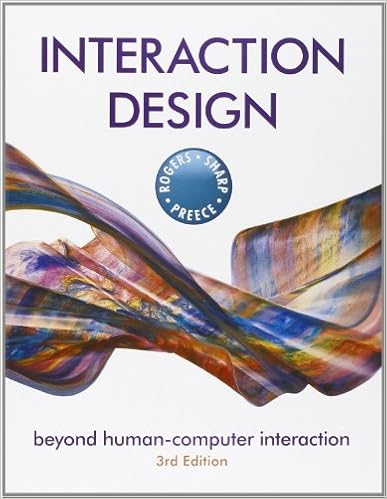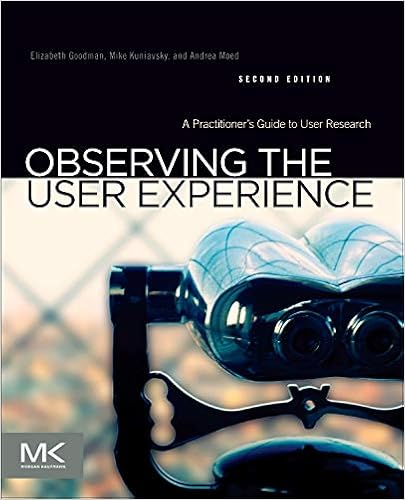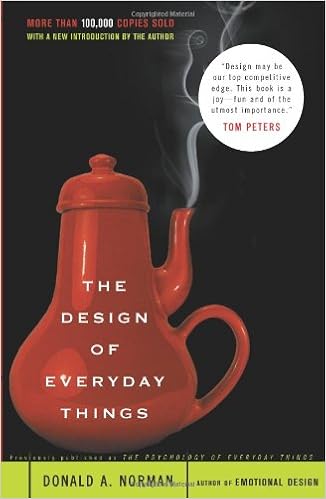Interaction Design: Beyond Human - Computer Interaction (2011)

The book covers wide range of topics that go beyond human-computer interaction (HCI). Authors demonstrate usage of psychological and social aspects of users to design interactions with emphasis on user needs, requirements, and usability. Many examples help reader to understand the core principles and apply them on their own products and/or services.
Natural-Born Cyborgs: Minds, Technologies, and the Future of Human Intelligence (2003)

Philosopher and cognitive scientist Andy Clark describes the coexistence of technology and humans, and how these two terms blend today. Author says that cyborgs are not something we should be afraid of - cyborgs are here already; we are these cyborgs. Mingle of humans and technology is throughoutly discussed - from tools that extend human abilities such as cell phone, through wearable computers, intelligent environments, to mind-extending neural implants. The books demonstrates how technology became inseparable part of human lives.
Neuro Web Design: What Makes Them Click? (2009)

Web design can effectively utilize research findings in motivation, (unconscious) decision making, and neuroscience. This books translates these research outcomes into principles of persuasion, and explains (and demonstrates on examples) how to design websites that encourage users to do certain actions.
Observing the User Experience, Second Edition: A Practitioner's Guide to User Research (2012)

Second edition of the bestseller Observing the User Experience: A Practitioner's Guide to User Research provides detailed description of user research methods in updated and extended form. The book describes most used techniques that designers use to understand their users. Extremely valuable book for those who conduct user research.
Sketching User Experiences: Getting the Design Right and the Right Design (Interactive Technologies) (2007)

Description of practices in product design process leading to good user experience (UX). The emphasis is put on early stages of development. Lots of illustrations help reader to understand how to identify important aspects of a product, and especially the product's user experience (UX). There is also a useful workbook with instructions and exercises.
The Design of Everyday Things (2002)

The classical title in user-centered design, industrial design and human-computer interaction literature. Don Norman explains importance of good user-friendly and usable design of technologies and demonstrates his arguments on practical examples, described in hilarious stories. The first edition of this book was written in 1988, and therefore parts of the books may seem to be outdated nowadays. However, the core ideas and principles are still relevant and could be easily applied on today's technologies. This book will change your view of technologies around you.
The Shallows: What the Internet Is Doing to Our Brains (2011)

Author describes how technology affects human brain and human behaviour through (over)loads of information. Nowadays, Internet provides practically unlimited amount of information, and makes them available uqickly and easily to everybody. The book cites current research in psychology nad neuroscience to describe the vulnerability to discraction of human brain, and effect of information overload on comprehension and memory.
